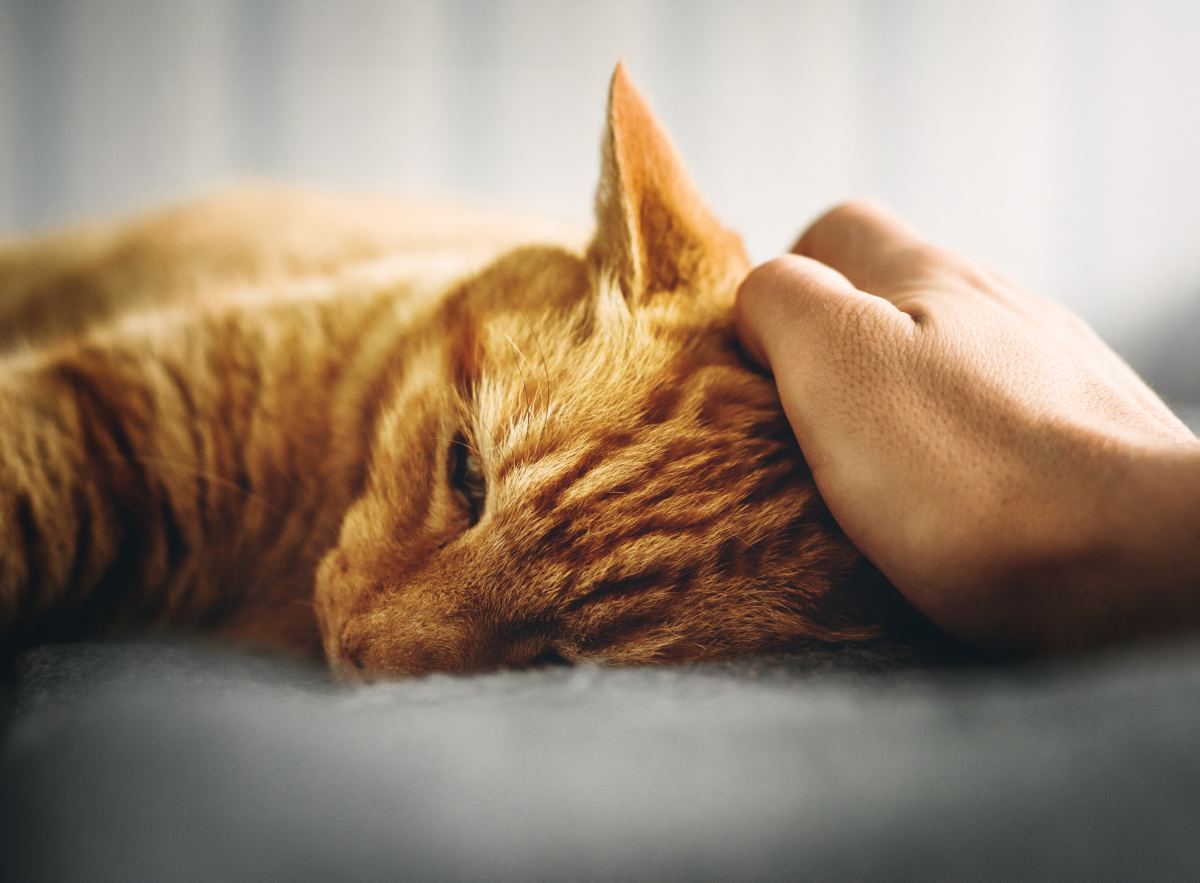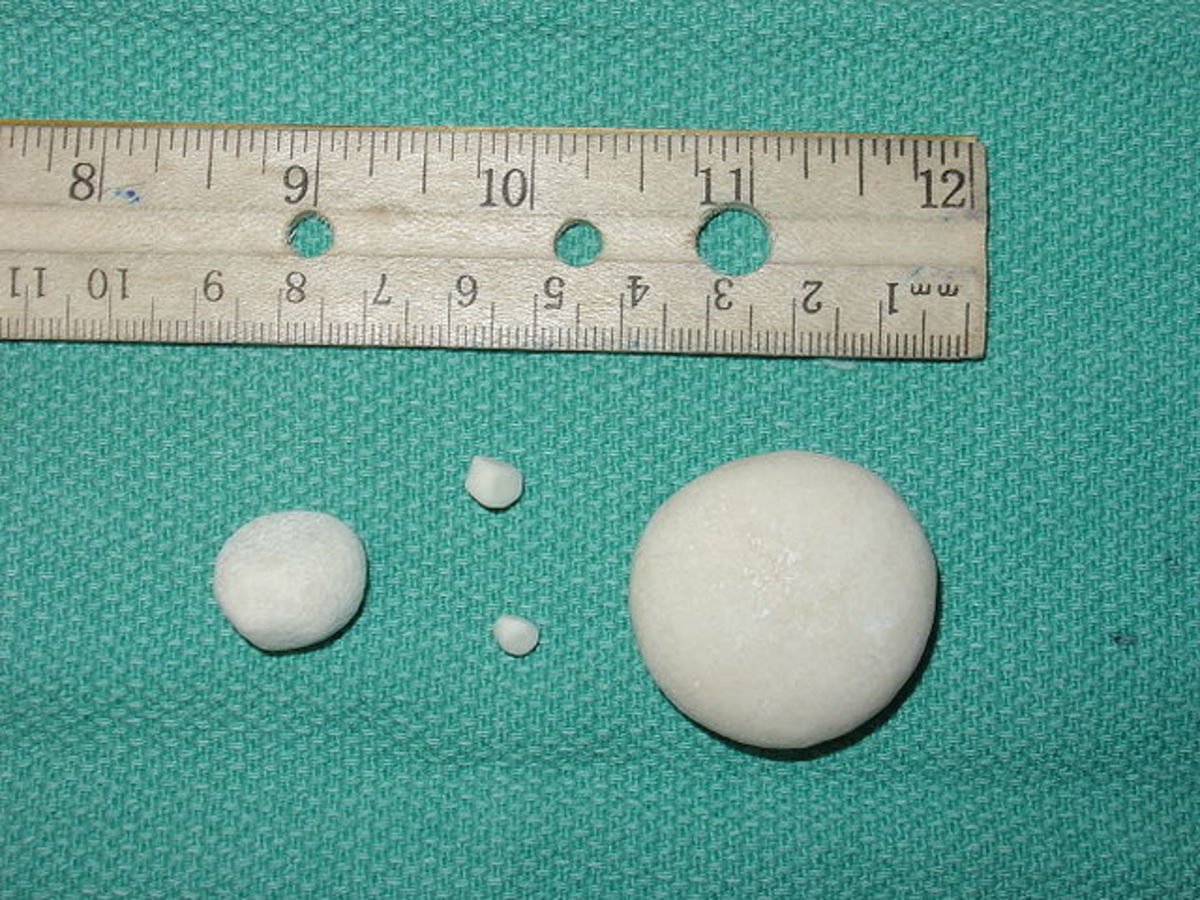When to call your veterinarian
Helpful guides for emergencies
Almost every pet owner one day or another will find himself debating on whether it will be necessary to call the vet. Working at a veterinarian office, I have received many calls from owners unsure if their dog should be treated at home and monitored or if they needed to be rushed into the hospital. Often, I was responsible in doing some "triage work" and major decision making on which pets needed immediate attention and which could have waited.
I will list below some conditions were I have told owners to bring in their pets same day or even within minutes:
"My cat is straining to urinate".
This is an emergency especially in male cats as they are prone to urinary blockage which will eventually cause death by lethal toxic build up in their system. Cats that are able to pass a few drops of urine are usually better than those that produce no urine at all.
Often owners may think their cat is constipated when in reality they are exhibiting symptoms of a urinary tract problem or owners may think their cat is having behavior issues when they urinate around the home. Cats that are straining in the litter box, urinating in places other than the litter box, exhibiting blood in urine, vomiting, acting lethargic and licking their genitalia should be suspected of having a urinary issue.
In female cats signs of a urinary tract infection may not be an emergency as in males but still requires prompt vet attention.
"My dog is unable to keep food down and has not produced a bowel movement"
This may indicate a foreign body that is blocking up the dog. The dog will vomit after eating and often even after drinking since the blockage does not permit food or water to go past the obstruction. Puppies are pretty prone to obstructions since they tend to eat and chew just about anything. If caught early within minutes or hours the foreign object may be retrieved by inserting a tube down their esophagus, but if it has gone past the stomach surgery may be the only solution.
"My cat had developed hives and facial swelling after the vaccination"
These cats are exhibiting signs of an allergic reaction. Cats may develop these signs as well, after a bee sting or after giving a certain medications. Cats may further develop signs of anaphylactic shock with trouble breathing and pale gums.
"My dog is retching, his stomach seems large and is pacing"
This may indicate a condition called bloat that can turn deadly if not treated promptly. Bloat affects mostly deep chested dogs of large-giant breeds. Causes may be linked to dogs drinking large amounts of water after exercise or after eating, stress, and exercise after eating. The treatment would consist of untwisting the stomach and treating for shock.
"My cat has very pale gums"
Gums signal good health and should be normally be a nice bubble gum pink. Any cat with pale, grayish gums should not hesitate to have vet attention as this may indicated internal blood loss or a cardiac or respiratory issue.
"My puppy has been vomiting and now has diarrhea with blood"
Parvo is a deadly disease most commonly affecting unvaccinated puppies. The dehydration deriving from the copious vomiting and diarrhea is the major for concern. Puppies may need IV fluids and supportive care in order to fight off this potentially deadly virus.
"My senior cat has suddenly lost use of his rear legs and they feel coooler to the touch"
In many cases this turn out being saddle thrombosis, basically a blood clot cutting off blood supply to the rear legs. Some cases may be treated with anticoagulants and surgery when discovered promptly.
"My dog is giving birth and has been contracting for more than hour"
Anytime a dog giving birth seems to be in excessive pain and has had contractions for more than one hour with no puppy coming out a vet should be seen promptly. A vet should also be seen if a pup is stuck mid canal or if more than four hours pass and the dog still seems to have pups inside. Every owner of a pregnant dog should have emergency contact numbers ready and give a head's up to their vet upon beginning of contractions, in cases of a complication.
"My cat has had seizures lasting for more than 5 minutes"
Any time a seizure lasts more than five minutes (status epilepticus) seek a vet promptly as it may cause brain damage and possibly death. Pets should be seen as well if the seizures present frequently during the day usually within minutes or hours.(cluster seizures).
These examples above are just a few when compared to the hundreds of cases that needed prompt or emergency vet attention. As a general rule of thumb, I always suggest to have a pet seen when it is acting differently, being lethargic and not wanting to play or eat as usual. Any case of ADR (Ain't doing right) may need attention so to find out the underlying cause.
Of course, trouble breathing, pain, panting, bleeding, fever, swelling, or any general discomfort or unusual activity are as well signs of needing vet attention.
Disclaimer: None of the above examples are to be used as a substitute for your veterinarian's advice nor are they to be considered standard emergency signals. Each pet may exhibit a different symptomatology that may or may not relate to the above conditions described.









